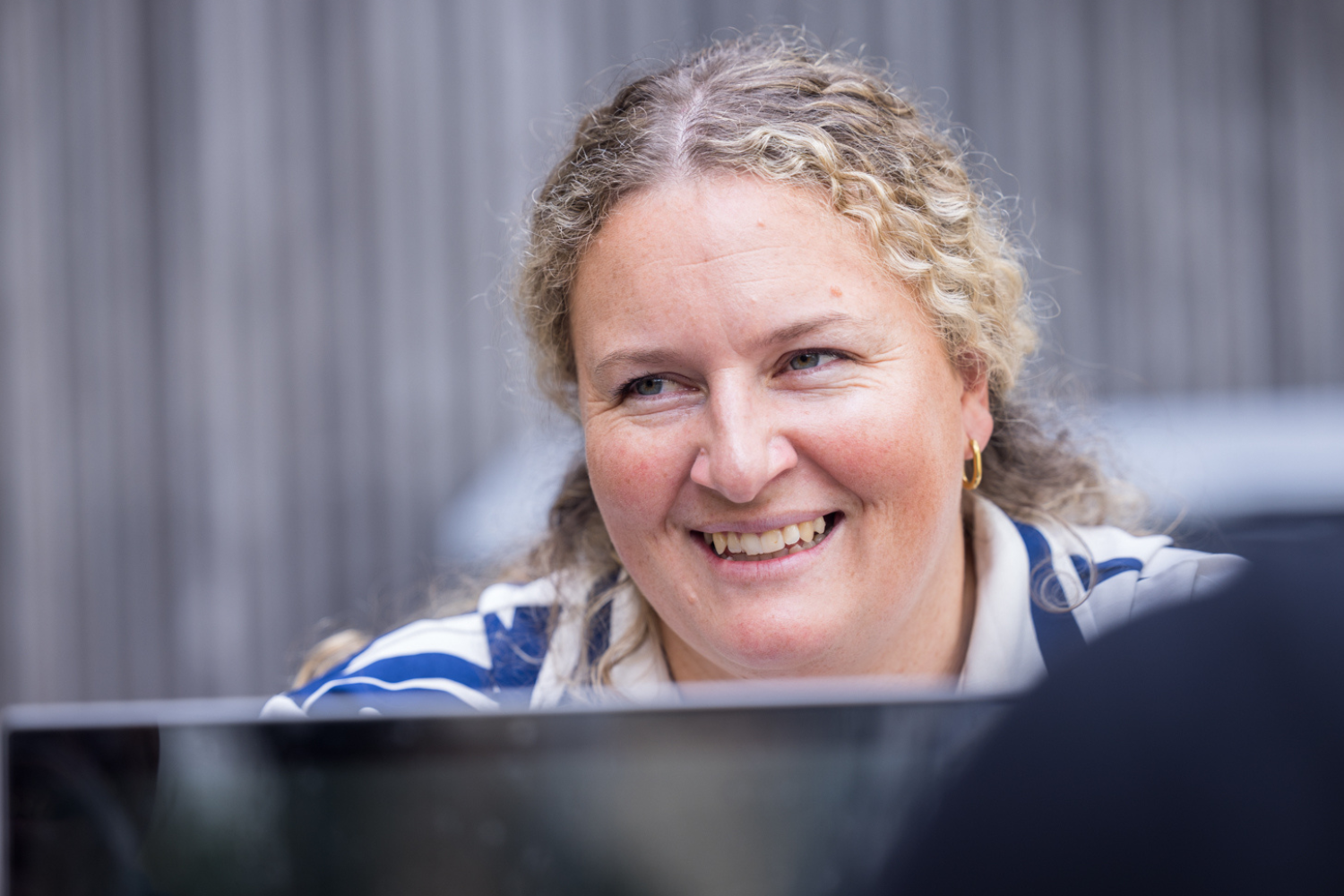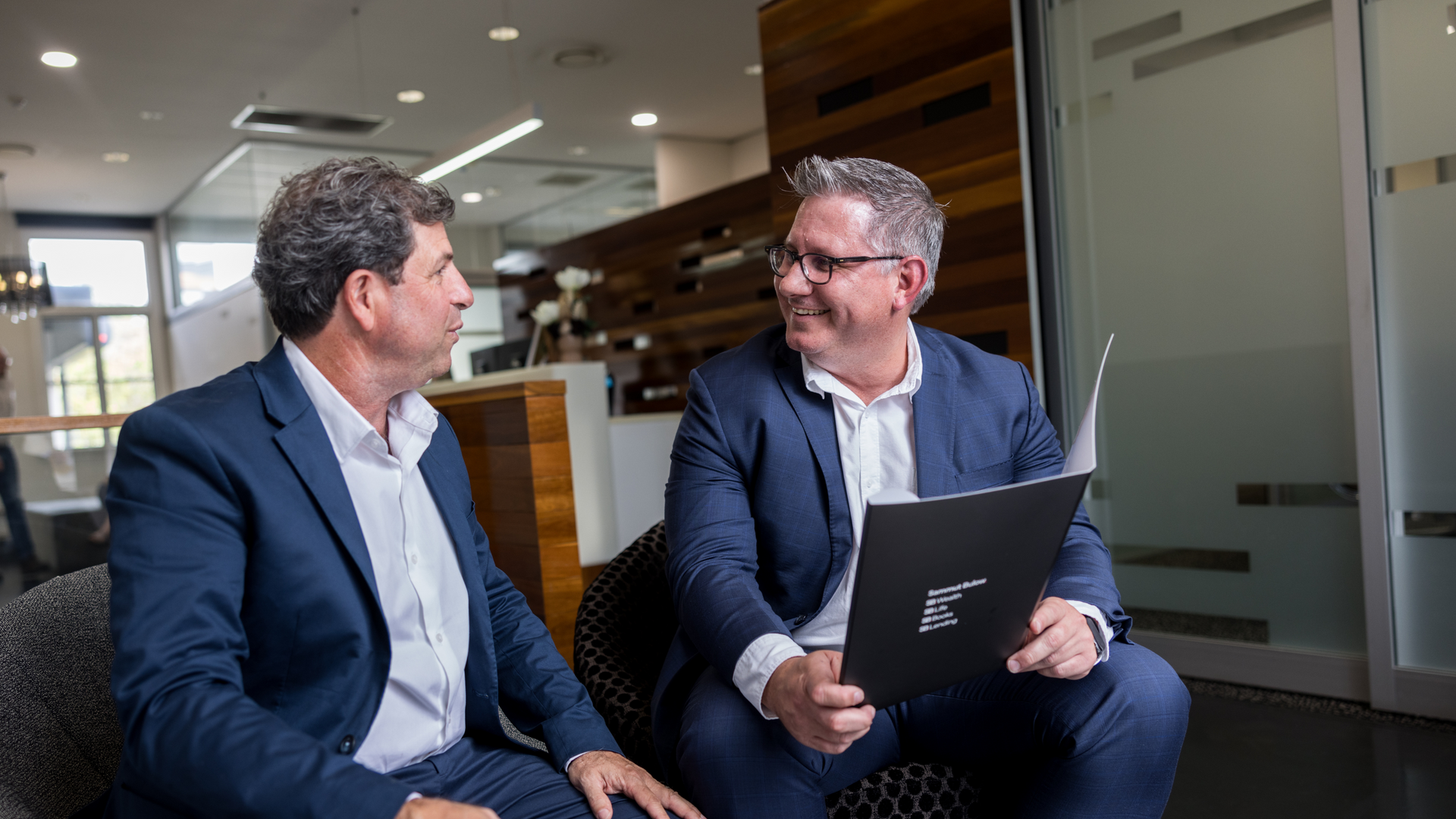QLD Disaster Payments and Support
Support for Queenslanders following Ex-Tropical Cyclone Alfred

When a major weather event occurs, as we’ve seen recently in South East Queensland, it’s often difficult to navigate avenues for support across different Government agencies. Here’s an easy guide to the support that is available for Queensland residents and business owners in the aftermath of Ex-Tropical Cyclone Alfred.
Hardship assistance from your bank
Most financial institutions have disaster and recovery support such as short-term loan relief, restructuring support, and waiving fees. See the Australian Bankers Association website for more information on how to get support.
Tax on disaster payments and grants
Unless declared otherwise, grants, support payments and disaster payments will often be assessed as income in your tax return. However, this depends on the nature of the payment and what it relates to. The ATO provides a summary here.
If you have received an insurance payout, in some circumstances this will be taxable and a capital gain or loss triggered when the asset was destroyed. The ATO provides some basic details here.
Support for Individuals and Families
- Disaster Recovery Payment (A once off lump sum payment of $1,000 per adult and $400 for each child younger than 16)
- Disaster Recovery Allowance (Support for lost income when you can’t work with a payment equivalent to the maximum equivalent JobSeeker or Youth Allowance payment for up to 13 weeks)
- Crisis Payments (Provides additional support for those on some income support payments forced to leave their home during extreme conditions)
- Centrelink Special Benefit (Provides a payment if you are in financial distress and unable to support yourself and your family, and are not eligible for other support)
- Emergency Hardship Assistance (Emergency payment of $180 per person, up to $900 for a family of five or more, to help purchase food, clothing and medical supplies or secure temporary accommodation)
- Essential Services Hardship Assistance (Grant of $150 for individuals and up to $750 for families of five or more who have been without essential services for more than 5 days – power, gas, water, sewage)
- Household Contents Grant (A grant of $1,765 for individuals and up to $5,300 for couples or families who need to replace household items, cannot claim insurance, and meet an income test)
- Services Safety and Reconnection Scheme ($200 towards inspection costs and $4,200 for repairs and replacement costs for essential services)
- Structural Assistance Grant (A grant of up to $80,000 to support uninsured, low income, owner-occupiers make their homes habitable)
Support for Businesses and Primary Producers
- Relief Loans for Small Business and Primary Producers (Low interest loans of up to $250,000 to support recovery efforts)
- Working Capital Loans for Small Business and Primary Producers (Low interest loans of up $100,000 to support working capital during recovery efforts.
- Freight Subsidies (Up to $5,000 per disaster for primary producers to transport fodder, materials, stock, etc)
SHARE POST:
RECENT POST:






